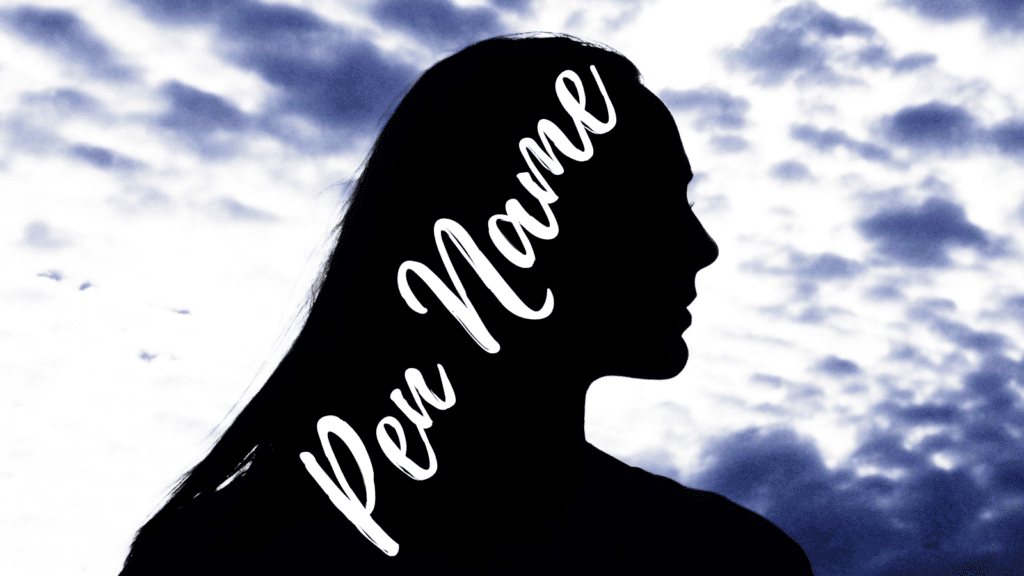Pen Names Still Hide Great Female Writers

These days, one of the most popular sayings is “Come on, it’s [year].” The implication is that equality and tolerance have made leaps and bounds from the past. In writing, women are finding that this is not necessarily the case. They are experiencing discrimination that forces them to make a heartbreaking choice: They can hide their real identities with pen names to let their work thrive. Alternately, they can be true to who they are and watch their careers never get to first base.
Then and now
In the past, people broadly accepted that a woman’s place was to be in the home and raising children. She was not to spew her own opinions to “polite” society. So, women wanted to make sure that people did not dismiss their writing as female dribble. They took pen names and portrayed themselves as male to their audiences. For the most part, this strategy was enormously successful. Writers such as Emily Bronte and Louisa May Alcott are just two well-known authors who tricked the world by writing as men.
Little has changed in this century. Not convinced? Publishers told Joann Rowling that boys wouldn’t respond to a book a girl wrote. The famous Harry Potter series thus came into the world under the more gender-ambiguous pen name, J.K. Rowling. Nora Roberts, famous for her romance writing, wrote as J.D. Robb to enter the male-dominated genre of detective fiction. Christina Lynch and Meg Howrey worked together under the male name Magnus Flyte to produce City of Dark Magic. They specifically cited their gender as having influenced their decision. They were afraid they would lose readers or remain unpublished if they used their real names.
It’s not just the publishers’ fault
Now, you might argue that much of the blame lies with publishers. After all, it is often the publisher that makes the final call about what will make the book successful. It is also the publisher who convinces a female author that her writing quality and style are not enough to garner praise. This attitude, however, ignores the fact that publishers are responding to their own perceptions of what audiences want and will do–that is, the gender gap in writing is reflective of a still-pervasive overall gender bias in society. To eliminate that bias requires the shifting of cultural norms, which is both complex and difficult to do.